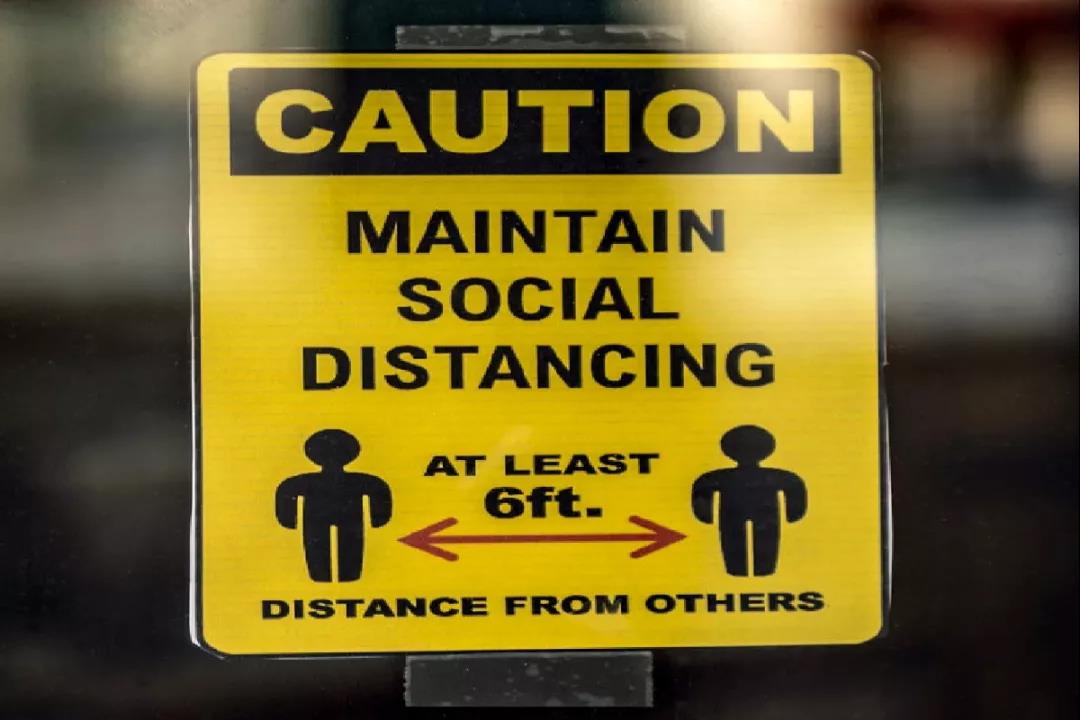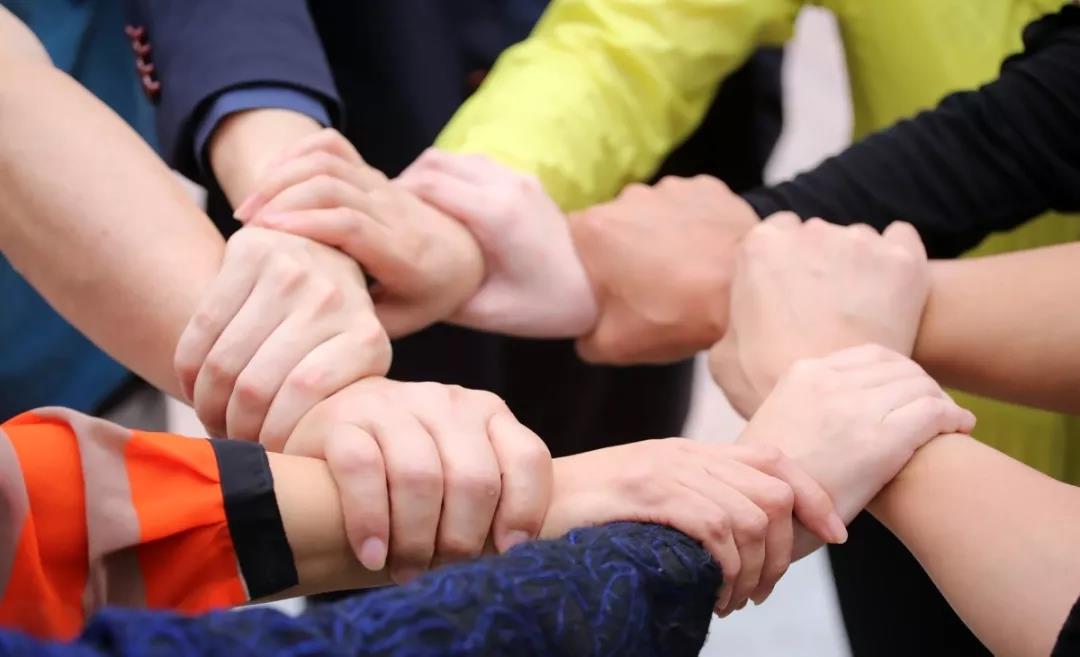Editor’s Note: This article is provided by Li Ning, Professor from Tsinghua University, Liao Huiyao, Assistant Professor at the Chinese University of Hong Kong, Pan Jingzhou, Associate Professor from Tianjin University and Brad Harris, Associate Professor of TCU and UIUC business schools. The views don’t necessarily reflect those of Tianjin University.
Since 2019, a sudden outbreak of COVID-19 has swept the world. More than 230 million people have been infected, and 4.75 million have died so far worldwide, while the global economy has also been hit hard. In addition, people's lives and thoughts seem to have been greatly affected, leading to changes in their major life choices. For example, more graduates tend to choose relatively stable jobs. Moreover, they are more yearning for careers in the medical field. In 2020, the number of job applicants for Tsinghua University’s School of Medicineand Peking Union Medical College increased by nearly 30% compared with last year.

On a deeper level, has COVID-19 fundamentally changed people's cognitive and behavioral patterns? Specifically, how have people's work behaviors and attitudes changed in the workplace?
Researchers from Tsinghua University, the Chinese University of Hong Kong, Tianjin University, and the University of Illinois at Urbana-Champaign used samples from China and the US to explore the potential impact of COVID-19 on employee’s values and work behaviors. The paper is published in the latest issue of Human Resource Management (FT50, ABS4).
Researchers followed 3,257 Chinese respondents for three months and compared data before and after the COVID-19 outbreak. They found that the exposure to COVID-19-related stimuli did change people's values and work behavior, which is mainly reflected in strengthening people's conservation values.
People who have experienced the COVID-19 pay more attention to safety and social order. Most of them are willing to abide by various prevention and control measures, cooperate with nucleic acid tests and health code checks, pay more attention to their health, and act more conservatively. People are even more tolerant of negative events at work, such as working overtime, taking on more work pressure, and being blamed by their bosses.

Interestingly, the study also found that COVID-19 strengthened self-transcendent values, which in turn enhanced helping and donating behaviors. Under the COVID-19, the slogans, such as "Unite as one, fight together," "Assist the affected areas," and "Come on! Hang on!" inspire people to unite and fight the COVID-19 together. The COVID-19 has inspired people to help each other and become more willing to contribute to society. At the same time, people identify more with companies and individuals with dedication. This partly explains the boom in sales of domestic companies such as ERKE, which made donations and provided supplies as flood relief and aid in Henan province.
To test the stability and cultural differences of the results, the researchers also conducted a comparative study in the United States, which yielded similar results to the Chinese samples. Researchers followed 504 people in states affected by the pandemic by stratified sampling. Of the samples, 201 were from states with severe outbreaks, 151 were from states with moderate severity, and 152 were from states with low risks.
Researchers also found differences in the impact of the pandemic between China and the US. The intensity of the effects of COVID-19 on different values between China and the US is different. Compared with Americans, Chinese people emphasize rules and order and are more concerned with the big picture. As a result, the exposure to COVID-19 stimuli increases the intensity of conservative and rule-abiding values. "This is partly due to the inherent differences between Chinese and American cultures. The pandemic has highlighted such cultural differences. More importantly, the excellent work of the Chinese government in organizing and publicizing the COVID-19 prevention and control, as well as the determination of the Chinese people, have strengthened the impact of the exposure to COVID-19 stimuli. To a certain extent, this explains the different attitudes and behaviors of Chinese and American people when it comes to COVID-19 prevention measures, " the team said.

The age and severity of the outbreak also affected the results. In the Chinese samples, the exposure to COVID-19 stimuli had a more significant impact on the values of young employees. This is probably because rich life experiences make the values of the elderly relatively stable and difficult to change. In the US samples, the exposure to COVID-19 stimuli had a more significant impact on people's self-transcendent value in low-risk areas. It may be that people in low-risk areas are less threatened. Therefore, they have more opportunities to reflect on the meaning of their lives and react positively.
In fact, the advent of COVID-19 has changed people's values and behavior patterns. On the one hand, people are more conservative and respect rules more. On the other hand, people are more willing to help others and contribute to society. Under such circumstances, enterprises should recognize the impact of COVID-19 on employees' behavior and take effective measures to respond to the new changes actively.
Therefore, researchers gave several suggestions. First, the legitimate rights and interests of employees should be protected, and employees should be encouraged and helped to speak out. Although the COVID-19 has made workers more conservative, policymakers should uphold the humanistic spirit and respect the vital interests of workers. Second, enterprises should take advantage of the situation, cultivate a corporate culture of dedication and altruism, and guide employees to actively work and contribute to the society. Third, enterprises need to pay attention to newly recruited employees during the pandemic, understanding their needs and adjusting the management and communication mode pertinently.
Provided by the College of Management and Economics
Editor: Eva Yin






